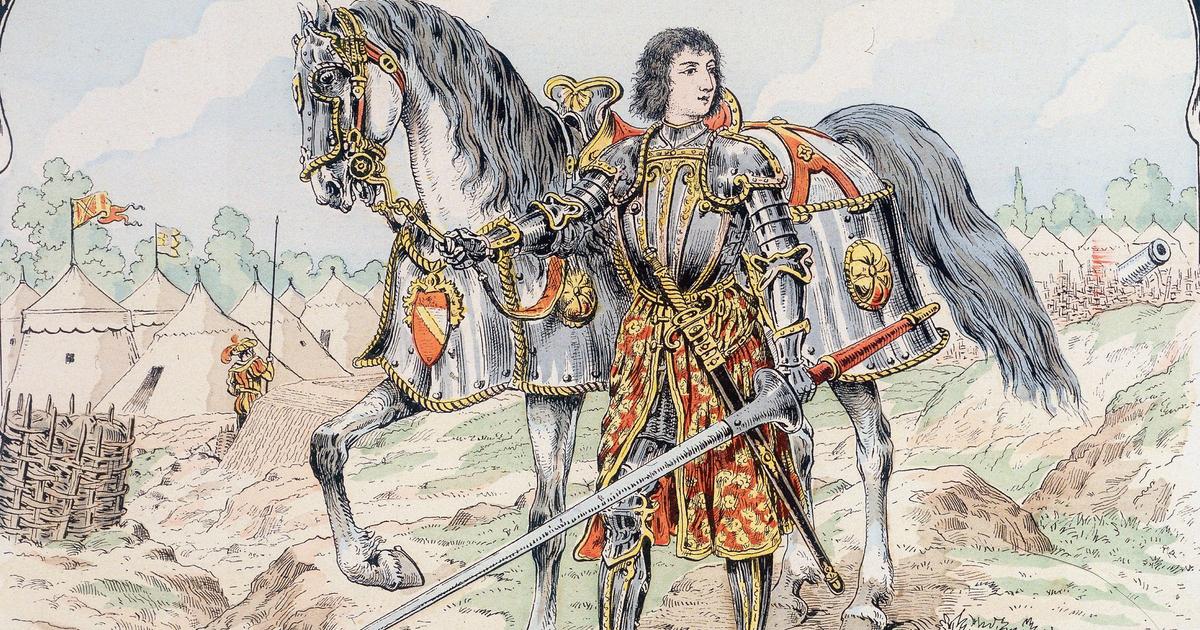Admiral Pierre Lacoste, a figure in the French intelligence services, died Monday at the age of 95. He was the head of the DGSE (General Directorate of External Security) at the time of the resounding case of the sabotage of the Rainbow Warrior.
Pierre Lacoste died in Paris in his retirement home, AFP learned on Tuesday from his family and the establishment, confirming information from the newspaper Le Figaro. "My father was just very old," said his son Marc. “He was a bit at the end of his strength. He died calmly in his bed. "
Born January 23, 1924 in Paris, he began his career in the navy in 1943, leaving occupied France in 1943 to join the French forces in North Africa. Upon leaving the Naval Academy, he held several positions in Indochina and the French General Staff.
Visionary in geopolitics
Rear-admiral in 1962, he commanded several buildings, taught at the Naval War College and went through ministerial offices, notably occupying the post of chief of military cabinet to Prime Minister Raymond Barre between 1978 and 1980.
Admiral in 1982, he became head of the DGSE, the French external intelligence service, where he succeeded Pierre Marion, another figure in the intelligence world. "He fascinated (President François) Mitterrand with his geopolitical vision," recalls Alain Juillet, another former director of the DGSE. "He was a strategist".
His career changed, however, on July 10, 1985 when he supervised the sabotage operation of the Rainbow Warrior, a ship of the environmental organization Greenpeace which was preparing to campaign against French nuclear tests in the Pacific.
"I accept this error"
Trapped by two explosive charges placed by a French commando, the ship sinks in Auckland Bay, resulting in the death of a photographer who was on board. Two French agents are quickly arrested, causing a resounding international scandal.
Under pressure, Defense Minister Charles Hernu will resign and Admiral Lacoste will be sacked in September. "This operation was too complicated, too risky and above all completely condemnable in its very principle," later wrote the interested party in his book "an admiral in secret" published in 1997.
Political Newsletter
Every day, political news seen by Le ParisienI'm registering
Your email address is collected by Le Parisien to allow you to receive our news and commercial offers. Find out more
"I accept this error, but it is not a mea culpa," he told AFP, especially since he assured that he had received the implicit green light from President Mitterrand to act against Greenpeace. "He may not have been aware of a sabotage operation proper, but certainly of a clandestine operation," he told AFP.
Pressured by the scandal, Pierre Lacoste was summoned to "give the names of the officers who carried out this operation and said to him: 'it is a question of honor, I would never give the names of my collaborators'", remembers Alain Juillet, seeing there, according to him, the quality of a "great fellow".
One of the fathers of economic intelligence
Dismissed after this drama, he began a long career in academia, notably creating a seminar on "French intelligence culture".
He is also "one of the fathers of economic intelligence in France", insists Alain Juillet, an intelligence component which is becoming increasingly crucial with globalization.
"On the question of economic intelligence, it is someone who has managed to establish a complementarity between two different worlds: the world of intelligence working from closed sources, inaccessible and often illegal, and the world of economic intelligence that works from open sources, ”adds Christian Harbulot, director of the School of Economic Warfare.
According to him, it was thanks to Pierre Lacoste that the idea was born in France that the intelligence system of a country is linked to its historical, cultural and political evolution. Tireless, he wrote numerous books and articles on the subject until the end of his life. He leaves behind his widow and seven children.









